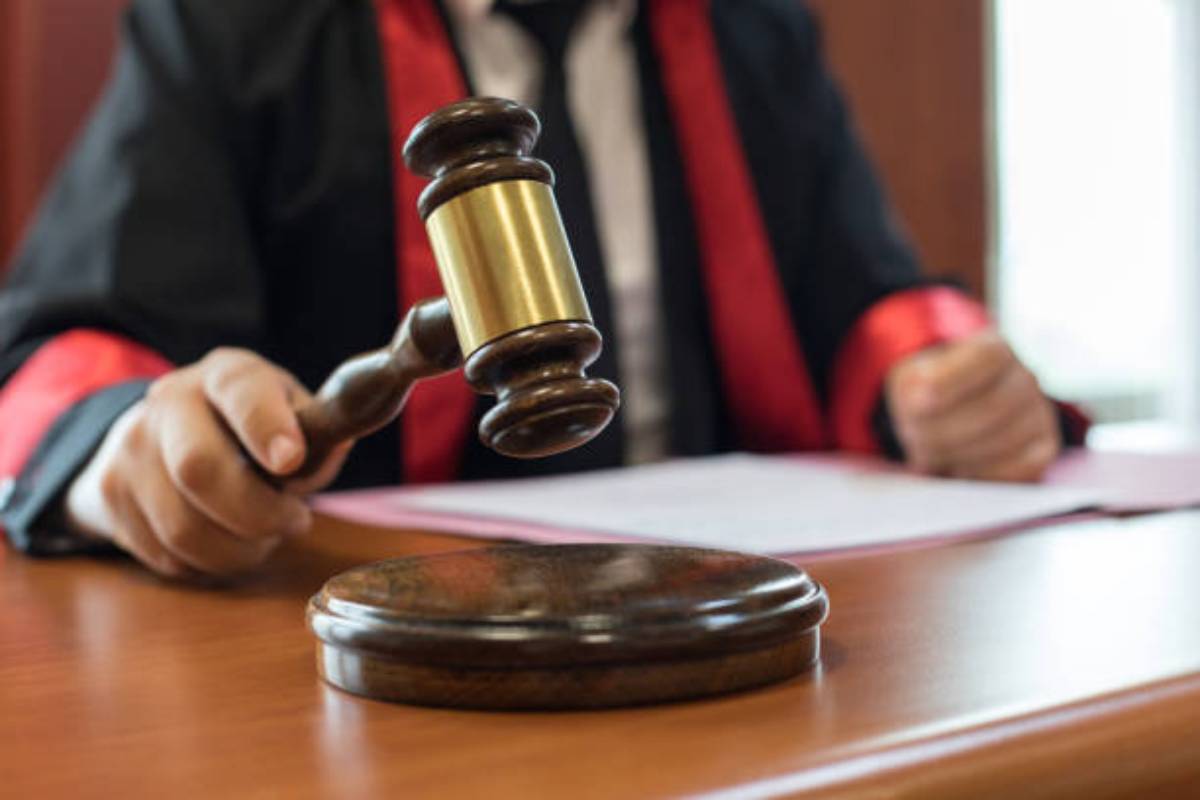The Supreme Court on Monday refused to interfere with the Manipur High Court’s order directing limited restoration of the internet services in the violence hit state as it (top court) asked Manipur Government to go to the High Court and apprise it of its difficulties in carrying out its (High Court) orders.
A bench of Chief Justice DY Chandrachud, Justice Pamidighantam Sri Narasimha and Justice Manoj Misra told Solicitor General Tushar Mehta that the High Court is seized of the matter, go and tell it the issues that the state government is facing in implementing its order of providing internet services.
Advertisement
However, in an assurance, the bench said that if anything happens, the top court is there to look into the issue.
Internet services in Manipur have been suspended since May 3 when ethnic violence broke out in the state. A number of public interest pleas were filed in High court seeking restoration of internet services.
Venting his fears over the opening of the internet facilities, Solicitor General Tushar Mehta appearing for Manipur government, said that any rumour may ignite the issue in Manipur.
“Any rumour is likely to ignite the issue. The question of the internet, it’s sometimes open, sometimes not. Can it be left to the discretion of those on ground,” the Solicitor General said.
The Manipur High Court recently ordered the State’s Home Department to allow internet access through Internet Leased Lines (ILL) for businesses and offices, as well as consider providing broadband connectivity through Fibre to the Home (FTTH) for household use on a case-by-case basis.
The High Court ordered physical trials for granting internet access to mobile numbers that are verified and cleared by the State Home Department. The High Court order is based on the recommendations by a 12-member expert committee appointed by the State government on providing internet facilities.
The committee proposed that internet services can be provided by all service providers in the state to a limited number of “whitelisted” mobile numbers, which would be specifically identified and furnished by the home department.
The service providers assured that internet access would be limited exclusively to these whitelisted numbers, with no possibility of leakage or utilisation by anyone other than the authorised user.











